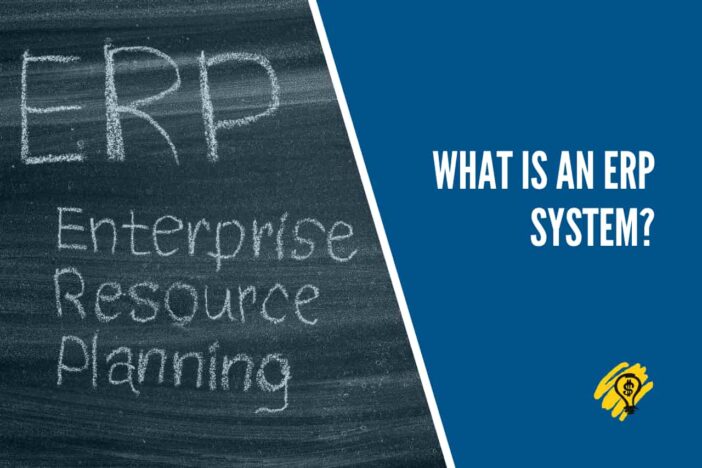Enterprise resource planning is often shortened to ERP. It is commonly used in businesses as part of their operational management process.
A range of different ERP software applications can be used by companies to integrate multiple processes into a single system. It encompasses multiple aspects of the business, including planning, manufacturing, procurement and finances, sales, marketing, and a lot more.
Despite ERP being a single software, you can add and remove different modules and ERP systems are available in a variety of forms. Depending on the needs of your business or individual departments within your company, you can adjust the ERP to meet these unique demands.
For example, the finance department within a business may need invoicing and budgeting modules that the other departments don’t require. A business that sells goods will need various inventory management and customer relationship management (CRM) modules.
Taking a Deeper Look at ERP Implementation
Without an ERP system, each department would have its own unique programs and applications to complete tasks. So, ERP software isn’t an absolute necessity.
However, ERP implementation can make things much easier, especially for larger businesses with several different departments.
ERP software enables all team members to access every program and application through a central interface, instead of each department being isolated from the others. It enhances collaboration and communication across multiple departments in a company.
Because all staff members are working from the same central system, information can easily be shared between departments and everybody can be provided with real-time updates at once. This can significantly enhance operational efficiency and productivity.
ERP applications can reduce the risk of error or mistakes due to miscommunication between departments in the workplace. Since information is not being transferred from one system to the next, this error-prone step is removed.
They can also reduce operational costs by providing one system for everything and eliminating duplicates.
Benefits of ERP Applications
We’ve already touched on some of the benefits of using an ERP system in your business, but let’s cover some more of these benefits here.
- Automation – various ERP modules can be implemented to automate certain iterative processes within a business and synchronize tasks.
- Efficiency and productivity – ERP systems eliminate duplicates and increase efficiency by providing a single area for every staff member to access.
- Real-time updates – ongoing updates can be added to the ERP in real-time for every department to see.
- Accuracy – financial forecasts, budgets, and data reports can be created using the ERP system with high accuracy.
- Employee satisfaction – ERP software enhances collaboration and streamlines business procedures, making your employees’ work much easier.
- Client satisfaction – when work is completed quickly and with high accuracy, clients and shareholders will be more satisfied with your company and are likely to continue working with you.
- Reduced costs – by increasing operational efficiency and reducing redundancy, your business can cut expenses and boost profits.
Conclusion
In conclusion, ERP systems are tools that integrate all functions of a business into a central database. These systems track information in real-time and help manage complex processes within an organization. ERP software is designed to help organizations manage and streamline their processes so they can be more productive. It can be customized for various industries and types of business. For small businesses, ERP systems often include inventory management, financial management, manufacturing management, and human resources. They are designed to integrate with many other systems, including accounting software and marketing software.





